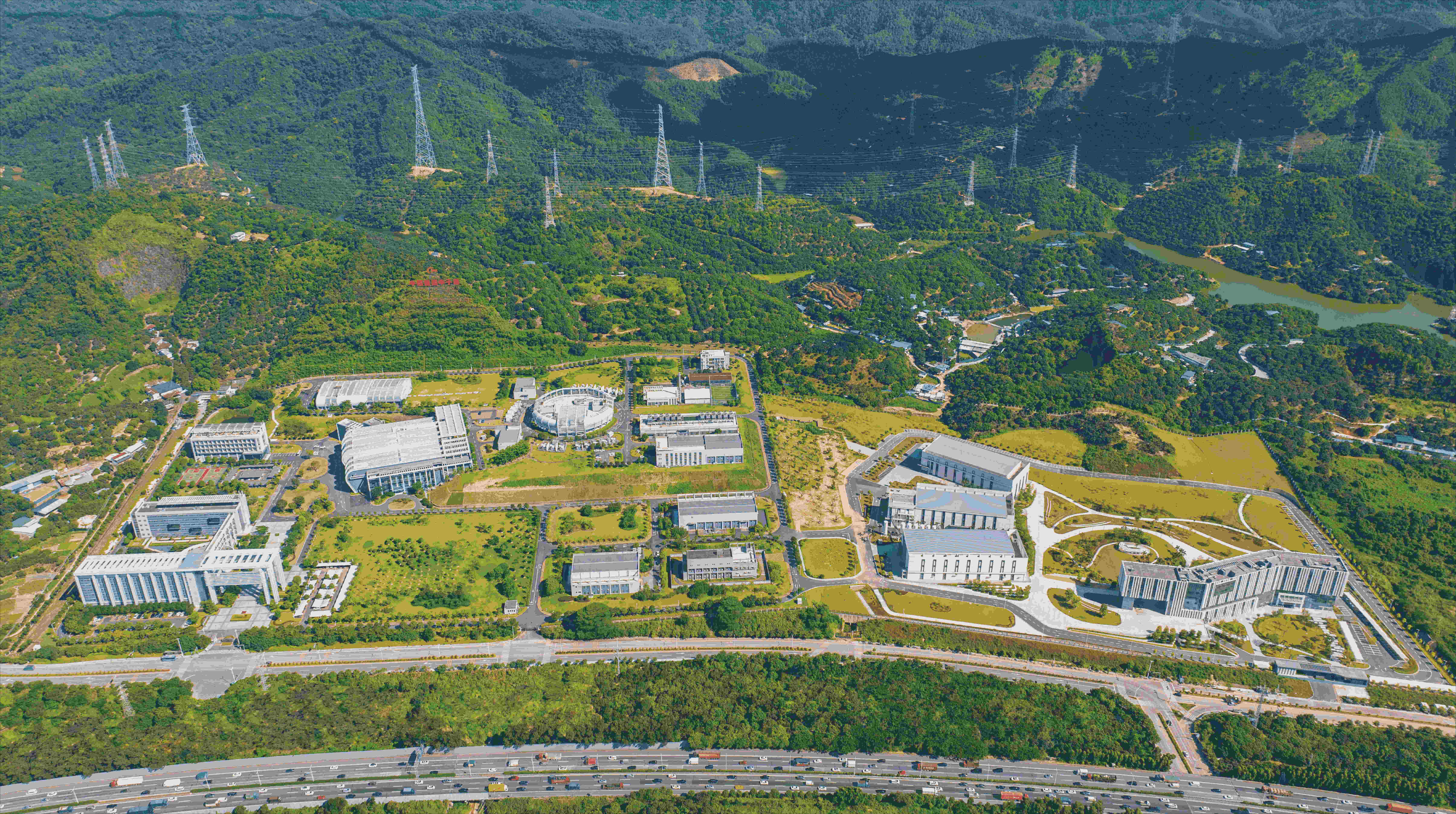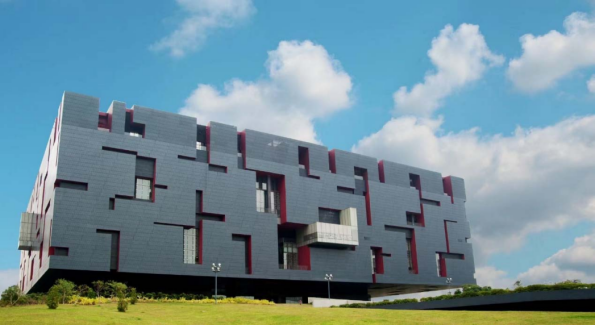With the progress and development of human society, ancient people increasingly utilized natural materials and invented and improved synthetic materials. The scientific analysis of these processes of ancient material utilization, creation, and development provides important perspectives and solutions for research in fields such as history, archaeology, and art. These materials include information about raw materials, impurities, and production conditions, etc. This information also offers crucial clues and evidence for the study of ancient technology, such as the origins of production sites and techniques. However, the discovery and confirmation of this information pose significant demands on scientific technology. The analysis of precious cultural relics requires not only the avoidance of destructive sampling, in-situ or microscopic analysis, but also the need for high-efficiency analysis. However, standard desktop analytical instruments often struggle to meet these requirements, particularly for the scientific analysis of precious cultural relics.
Neutron technology is used to characterize heritage due to its unique capabilities in providing information about the composition, structure, and properties of materials. Neutron techniques, such as neutron radiography, neutron activation analysis, and neutron diffraction, offer non-destructive and highly sensitive methods for studying cultural artifacts. Neutron radiography allows for the visualization of internal structures and features of heritage without causing any damage. This technique is particularly useful for examining the composition and condition of objects that are not easily accessible or cannot be opened for analysis; Neutron activation analysis is another valuable neutron technique that can be used to determine the elemental composition of cultural artifacts. By irradiating the object with neutrons, the resulting gamma-ray emissions can be analyzed to identify the elements present in the material; Neutron diffraction is a technique that can provide detailed information about the crystal structure and phase composition of materials. By analyzing the scattering of neutrons, researchers can determine the arrangement of atoms in a material, which is crucial for understanding its properties and historical significance. By utilizing neutron techniques, researchers can gain a deeper understanding of heritage and contribute to their conservation and study.
The conference “Neutron in Heritage Science (NHS 2024)” which closely joints the heritage science and neutron scattering technique, it will bring together scientists and specialists from all over the world working on cultural heritage and neutron facilities. NHS 2024 will be held in Dongguan, China from Nov. 26 to Nov. 29, 2024, hosted by the Spallation Neutron Source Science Center (Registered name: Spallation Neutron Source Science Center), in collaboration with the Guangdong Museum and Palace Museum. The conference offers a good opportunity for scientists to share the new advances in culture heritage research and neuron facilities. More importantly, it provides an invaluable occasion for mutual and thorough discussions on the potential applications and challenges of neutron technique in the field of heritage science. Through this conference, we expect it works as a platform for the scientists worldwide to discuss the new techniques, methods, applications of neutrons in the heritage science, further promoting the collaborations between the heritage research and neutron technique at an international level.
The program includes several components, including the structural and compositional characterization of archaeological objects, artworks, museum collections, cultural heritage using neutrons, integrated analysis techniques, and other conservation and scientific research related to the museum and heritage.
NOTE: The date of abstract submission deadline is delayed to September 15.


